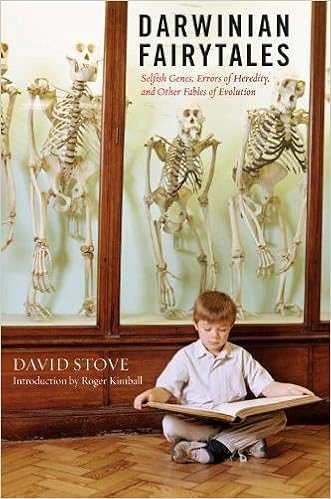From Phoebe Weston at the Daily Mail:
Falling in love is one of life’s great mysteries, but now scientists believe this strange feeling could be key to our evolutionary success.
For the first time researchers have found evidence ‘selection promoted love in human evolution’ as it increased the chances of us having families.
Scientists studied the Hadza people of Tanzania, who don’t use modern contraception, and found passionate partnerships were associated with having more children.
It follows previous research that found love may have evolved to stop male primates from killing their infants. More.
From the human history for which we actually have a good deal of evidence (not just from a small, outlier group), “passionate partnerships” were not the main reason people found themselves having children together. It takes a long time and many resources to raise children, including resources provided by many people other than the parents. It was always nice if parents loved each other but whether they did or not, they owed successors to their ancestors.
Only very recently has modern technology enabled people in many human groups to marry and divorce and have children or abort them for romantic love. And it may not last.
It’s a strange world in which so many educated people appear not to even know that. And not to even guess that the tsunami of romantic literature from the past represents an aspiration, not a reality: Most people married the people they needed to marry and had the children they needed to have. If they were lucky. The alternatives (ostracism, loss of rank, banishment, death, children’s deaths) were hardly attractive.
Also, if “love may have evolved to stop male primates from killing their infants,” why did most large, known societies manage to get rid of “male primates” (sociopathic loners?) while following marriage customs that granted very limited leeway for “passionate partnerships”?
 Recommended reading around here is Australian philosopher David Stove’s (1927–1994) Darwinian Fairy-tales, which punctures many such myths.
Recommended reading around here is Australian philosopher David Stove’s (1927–1994) Darwinian Fairy-tales, which punctures many such myths.
Evolutionary psychology was born and raised in tabloid mags catering to people who suffer from historical amnesia, and it shows.
See also: Evolutionary psychology’s greatest contribution to research is as a line item expense . It would generate more Sokal hoaxes if anyone cared.
and
“The evolutionary psychologist knows why you vote — and shop, and tip at restaurants”